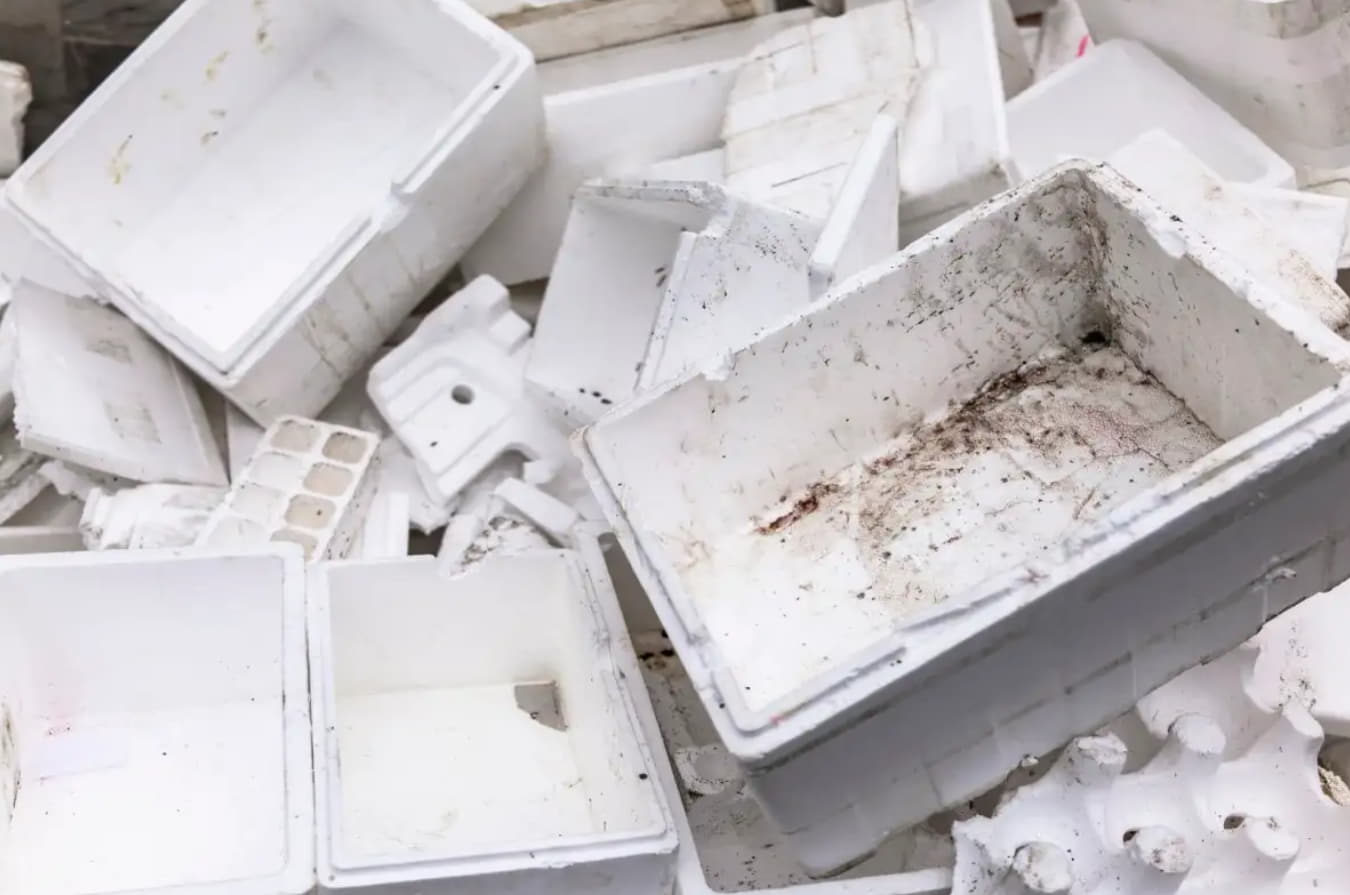Polystyrene, a widely used material known for its versatility and insulation properties, presents a significant waste management challenge due to its non-biodegradable nature. However, with the help of polystyrene waste recycling services, we can address this issue and promote sustainability. In this blog post, we will explore the vital role of these services in managing and recycling expanded polystyrene (EPS) waste, ensuring a more sustainable future.
Diverting Polystyrene Waste from Landfills
These services play a crucial role in diverting EPS waste from landfills. Rather than allowing polystyrene to accumulate in landfills, these services collect and process the waste for recycling. By diverting polystyrene waste from landfills, we reduce the environmental impact associated with landfill usage, such as greenhouse gas emissions and space constraints.
Reducing Environmental Pollution
Polystyrene waste, if not properly managed, can contribute to environmental pollution. Expanded polystyrene recycling services help mitigate this issue by collecting and processing EPS waste, preventing it from being littered or improperly disposed of. By recycling polystyrene waste, we minimize the risk of it entering ecosystems, including waterways, and causing harm to wildlife and marine life.
Conserving Natural Resources
Recycling polystyrene waste conserves natural resources by reducing the need for virgin materials. By collecting and processing EPS waste, polystyrene recycling services supply manufacturers with recycled polystyrene, reducing their reliance on raw materials.
Energy Savings and Emissions Reduction
Recycling polystyrene waste requires less energy compared to manufacturing new polystyrene products from raw materials. The recycling process involves melting and reshaping the waste, which consumes less energy and produces fewer carbon emissions.
Promoting a Circular Economy
They play a vital role in promoting a circular economy. By collecting and recycling EPS waste, they enable the transformation of discarded polystyrene into new products. These recycled polystyrene products can then be reintegrated into the market, reducing the need for virgin materials and creating a more sustainable loop of resource utilization.
Raising Awareness and Encouraging Participation
Through educational initiatives, outreach programs, and community engagement, these services inform individuals and businesses about the importance of recycling EPS waste and provide convenient recycling options. By encouraging active participation, they foster a culture of sustainability and responsible waste management.
Conclusion
Polystyrene waste recycling services play a crucial role in promoting sustainability by diverting polystyrene waste from landfills, reducing environmental pollution, conserving natural resources, and contributing to energy savings. Through their efforts, they support the transition towards a circular economy and encourage public participation in responsible waste management practices.

